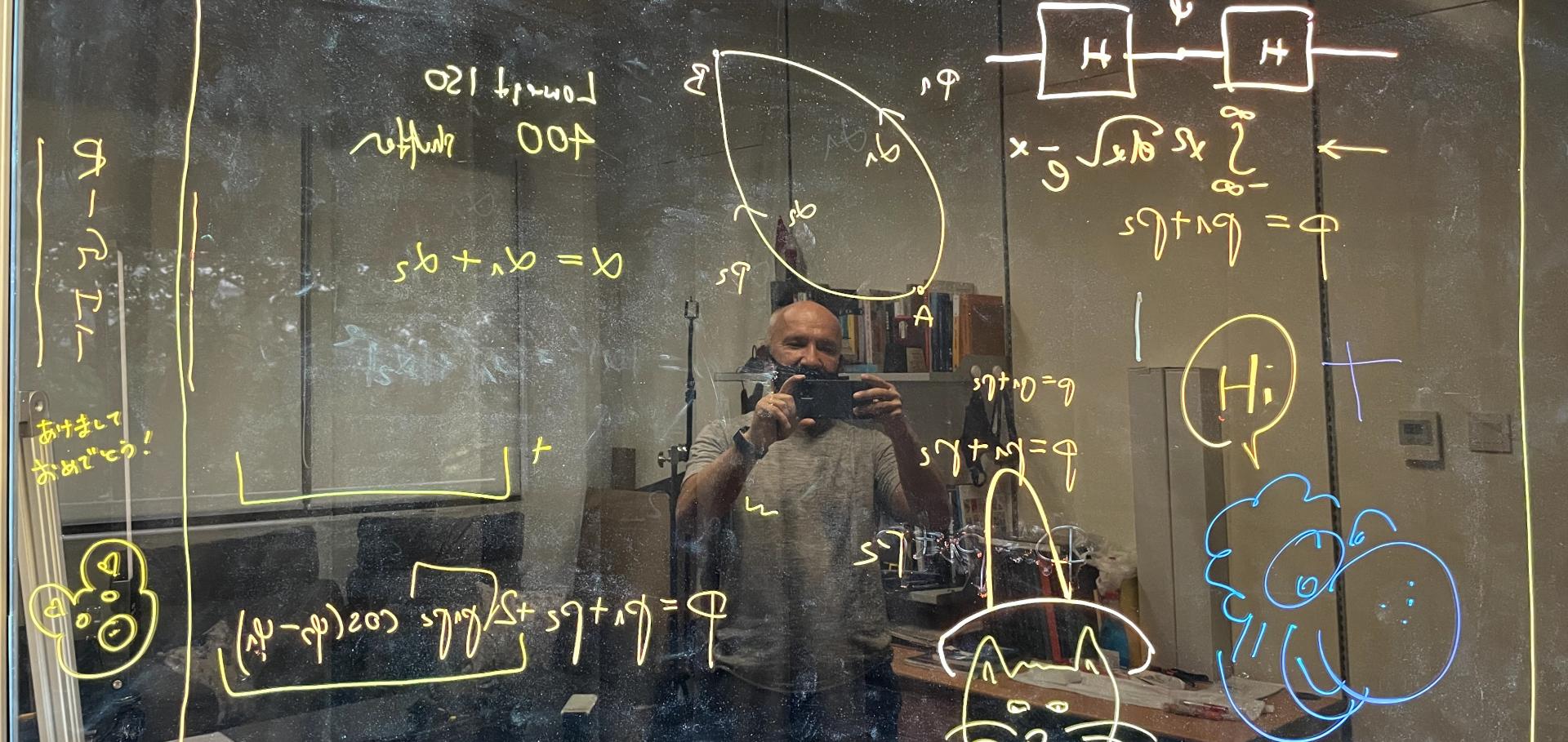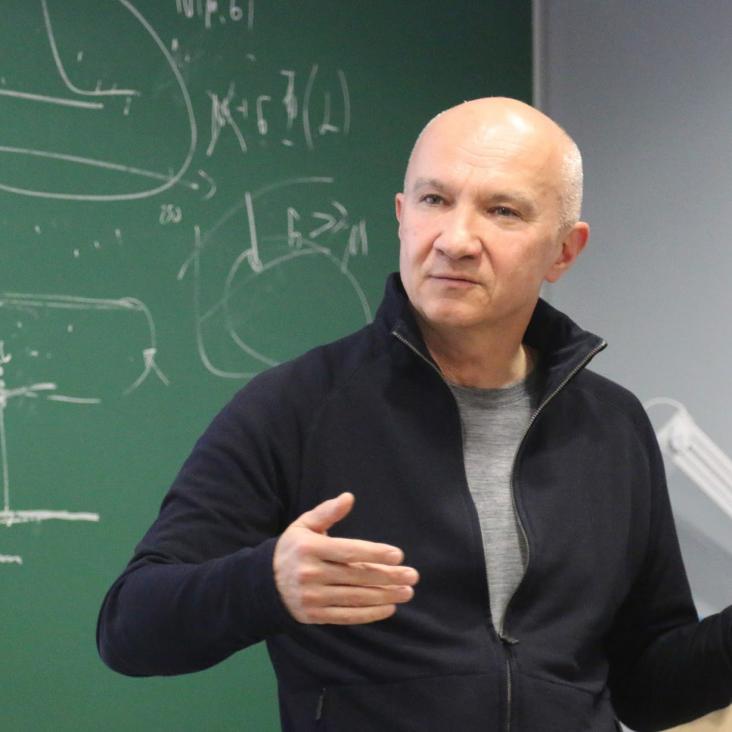Complex and Unpredictable Cardano
ArXiv 0806.0485 (2008)
Abstract:
This purely recreational paper is about one of the most colorful characters of the Italian Renaissance, Girolamo Cardano, and the discovery of two basic ingredients of quantum theory, probability and complex numbers. The paper is dedicated to Giuseppe Castagnoli on the occasion of his 65th birthday. Back in the early 1990s, Giuseppe instigated a series of meetings at Villa Gualino, in Torino, which brought together few scattered individuals interested in the physics of computation. By doing so he effectively created and consolidated a vibrant and friendly community of researchers devoted to quantum information science. Many thanks for that!Requirements for a Quantum Computer
Chapter in Lectures on Quantum Information, (2008) 315-348
Optimal phase estimation in quantum networks
ArXiv 0706.4412 (2007)


